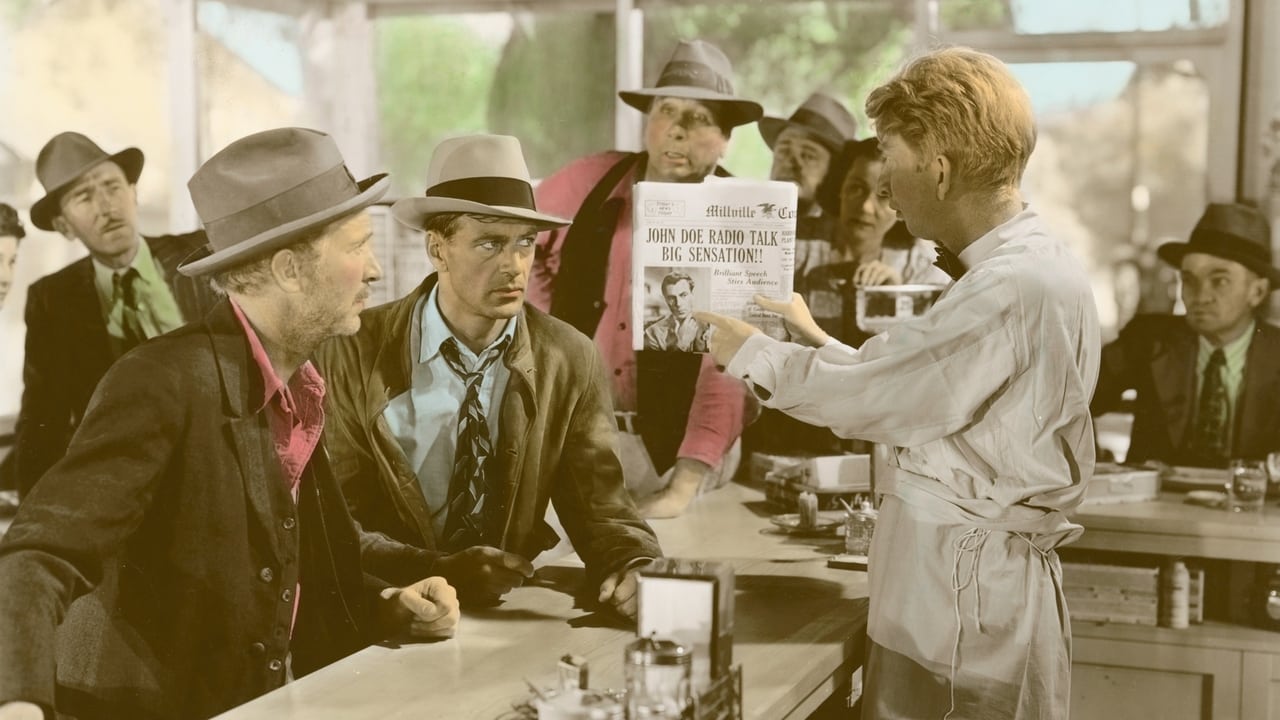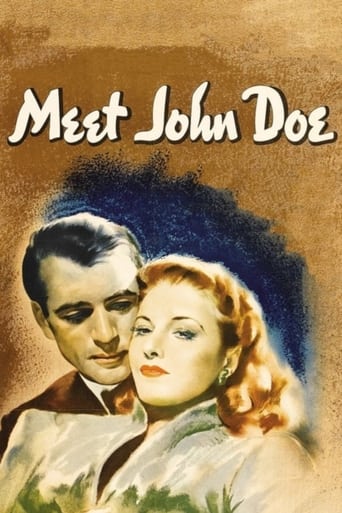



That was an excellent one.
Really Surprised!
Instant Favorite.
Close shines in drama with strong language, adult themes.
View MoreFrom THE PRESIDENTIAL PAPERS by Norman Mailer: "There are situations which belong more to the movies than to life..." Mailer never made it THIS far. We live in an age when a rich kid "suffering" from "affluenza" (i.e.; being born with a silver spoon in his mouth) can get away with the vehicular homicide of four people while driving drunk (and, at last count, had fled the country- and possible prosecution); an age when "the mass of Americans are not felt as a Political reality" (as Mailer put it); an age of "prefabricated politics;" an age of industrial accidents and deregulation that have left "all the food poisoned. And the waters of the sea we are told." (from CANNIBALS AND CHRISTIANS); an age when "the sense of a long last night over civilization is back again..."; an age when "terror" has us all quaking in our boots, although "we had had a secret police organization and an invisible government large enough by now to occupy the moon... and we had not found that many, and had looked like Keystone cops."; an age when "the country was (IS) taking a turn... the knives of the afternoon (are) out..."; an age of hyper-surveillance, where (THE PRESIDENTIAL PAPERS) "the great shadow is that there is a place for everybody in our country who is willing to live the way other people want him to, and talk the way others want him to;" an age of "America's tortured psychotic search for security;" an age of "a false security in the power and the panacea of organized religion, family, and the FBI... the stultifying techniques of the mass media;" an age when misinformation is the order of the day; "Sad. A nation as large as ours, blinded by the lies of the men who feed us our news." CANNIBALS AND CHRISTIANS: "For a time it had been an interesting history." We find out that the people of Flint, Michigan, have been poisoned by Lead in their drinking water, that the death toll of American troops in Iraq and Afghanistan has now come close to 7,000 (with far many more wounded and homeless, some kicked to the curb by the very people who sent them off to war) and on and on and on (in the past few weeks, the carcasses of a 12 foot shark and a 30 foot whale have washed up on local beaches; it doesn't bode well). "America," wrote Mailer, "has come to a point from which she will never return." And, finally: "No age of high ideals is close at hand." Like prostitutes (whose profession is, next to the Politician's, the Second-oldest), most of today's "elected representatives" "have no memory." Of most it could be said: "He gave the sort of speech... which serves to clot the aisles of history." Their intentions are clear: "to steal the land." To milk the Earth of all its Resources, without regard for those who Have Not. One would do well to mind the words of physicist Neil Tyson: "There are a lot of Races, but only one Species."
View MoreThis film came out before the US went into WWII, but at a time when many were awakening to what Hitler and other fascists were doing in Europe. So when the paper editor speaks of the dangers of a "fifth column" it was at a time in our nation when there were active fifth column operations attempting to align with Hitler. This is one undercurrent that was appreciated.The overwhelming story of how common folks can speak to and encourage other common folks and produce a powerful movement was touching. It was not far-fetched either, as it could very well happen with the help of the media. But unfortunately our media rarely promotes "feel good" causes. The power of words is shown, as people can be turned to corporate good or corporate evil by the use of a good spokesman and the right words.I love Gary Cooper, always believable and lovable in his roles. Barbara Stanwyck is also effective. Two great actors and a great plot. I was especially touched in the final scene when the work of Jesus on the cross was referenced as the ultimate story of a "John Doe" dying that others might live. Just a wonderful movie.
View MoreThis movie couldn't be more salient and relevant to our times. The "John Doe Clubs" had the appearance of embodying the disgruntled sentiments of the "Little Man", just like the "Tea Party Movement" today (which one quipster rightly has called "an exercise in mass false consciousness"). These movements of the "little man" have a long history in the US and Europe (in the US, the "Know-Nothings" of the 1850s & Father Coughlin of the 1930s, in France, the "Poujadistes", in Italy the "Qualunquisti"); and all of them end up diverting attention away from the real enemies of little people, the fat cats at the top--in Capra's movie wonderfully incarnated in Edward Arnold's character, D.B.Norton (the real-life counterparts today to D.B. Norton, and who've done a fab job of manipulating "the little people", are the Koch brothers). Capra rightly sensed that the little man's rage at being buffeted about by forces bigger than himself was exploited by the fascist movements of Europe to create right-wing mass parties which, in the end, served to protect the privileges of the wealthiest social classes from revolutionary egalitarian movements.
View MoreIt's best to think of this as a Great Depression story, when it was probably conceived. Barbara Stanwyck is a reporter who tries to keep her job by concocting a letter from a nonexistent "John Doe" who is mad as hell and is not going to take it anymore. So he's going to jump off a skyscraper at midnight on Christmas Eve. When the letter is published, the public reacts with excitement. They vow support for the phantom Doe. Stanwyck's editor, James Gleason, decides that the newspaper and its owner, Edward Arnold, should go with the flow and hire some bum off the street to play John Doe.They pick the friendly, innocent Gary Cooper, ex-minor-league baseball pitcher, accompanied by his equally crummy buddy, Walter Brennan. These two hobos are raggedy and hungry, the kind of people who at the time were called "bindle stiffs." The "bindle" was the bundle of personal effects they carried over their shoulders. A "stiff" was a person of no importance. You can still hear the word in the expression "working stiff." Where was I? These damned voices keep distracting me. Oh, yes.So Cooper is hired to act as John Doe. After Christmas Eve, when he has his phony date with the angels, he is to be given a railroad ticket straight out of town and disappear.Surprisingly, though, his radio speech turns the audience on. They love it. They form multitudes of John Doe Clubs all around the world. The John Doe philosophy? Nothing dangerous, don't worry. "Let's be kind to our neighbors." "Let's break down the walls separating all of us John Does." The villainous Edward Arnold, the paper's owner, gets an idea. As the John Doe Clubs spring up all over, he sees their members not as airheaded do-gooders but as voters. This leads to a bright idea. In his next radio speech, John Doe will announce that Edward Arnold is forming a third party and running for president. All those John Does out there will vote for him -- "that's ninety percent of the vote." And Arnold's philosophy is a little different from that of Cooper and Stanwyck, who has been writing his speeches. "Everybody's complaining," Arnold tells his cohort of corrupt goons, gangsters, politicians, and labor leaders. "What this country needs is a firm hand, some discipline." Does Arnold's scheme work? Of course it does. That's why he was elected president in 1944 and switched our allegiance to Nazi Germany and we lost the war and were occupied by the UN.Well, the fact is that Arnold may be evil but these targets are pretty soft ones. The film is so stripped of real-life counterparts that it almost amounts to a fantasy. The private police force that Arnold has at his disposal are all dressed as State Police but their shoulder patches read "Norton Motorcycle Squad." Something else about Arnold. He probably gives the best performance in the movie. It's really quite subtle. He has to activate several latent roles -- loudmouthed dictator, thoughtful schemer, avuncular con man, and repentant fomenter of discord. He's followed closely by Barbara Stanwyck, in one of her fine performances of the period, and by Cooper himself, who must look simultaneously stupid but sensitive. Cooper has a priceless moment near the beginning as he is shown to a fancy hotel room and allowed to order five hamburgers from room service. With a wide smile he hangs up the phone, then notices the statue of a bouquet-holding nude woman on the stand. His expression changes instantly to an exopthalmic gawk. Capra and the editor give him a full half minute to stare at it, touch it tentatively, and gulp, before Stanwyck's voice comes from behind him and he jumps. It's a small moment but an exquisitely comic one.This was the last of three films that Frank Capra directed before entering the Army for World War II -- the others being "Mr. Smith Goes to Washington" and "Mr. Deeds Goes to Town." All have in common an innocent young hero who runs into greed and corruption and through strength of will manages to overcome his adversaries. Capra was an apolitical populist and humanist, and there's a good deal of corniness in these movies, but that doesn't stop them from being successful. "John Doe", unlike the others, becomes almost tragic before the improbable end. After his war service, Capra directed one more wildly successful film, "It's a Wonderful Life," perhaps the best modern Christmas story, but it too had its moments of genuine anguish.
View More